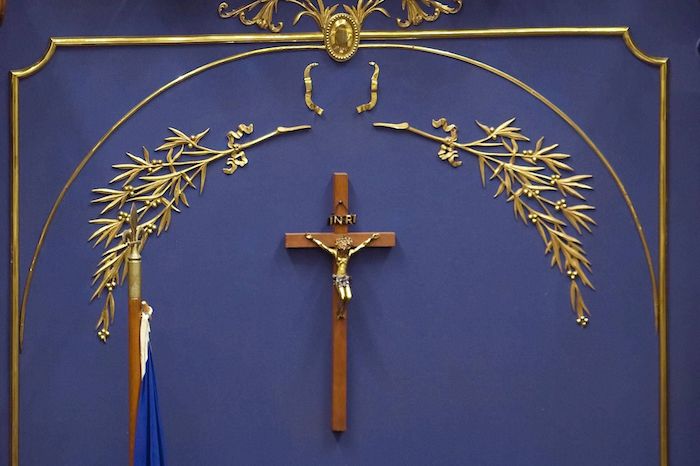On Oct. 1, Quebec elected 74 members of the Coalition Avenir du Québec (CAQ) to the National Assembly, giving the party a majority mandate. The CAQ campaigned on a platform of reducing immigration, restructuring government institutions, and maintaining ‘religious neutrality.’ Discussions about religious neutrality are not new in Quebec: In 2013, the Parti Québécois government proposed the Quebec Values Charter, which would have banned religious symbols like turbans, hijabs, and kippahs for swaths of public employees, had they not been voted out of government before the bill could be passed. In contrast, the CAQ’s proposal to ban ‘ostentatious’ religious symbols for those in positions of authority might seem mild, but it has the same flaw: Eradicating religion to create social progress is a false equivalence. While removing the power of any one religious view from government gives freedom to those who come from different backgrounds, the erasure of religion from public life is an entirely different matter.
While the CAQ’s policy ostensibly applies to all religious symbols, they have put non-Christian accoutrements on the forefront of the platform. The party has stated they will not be removing the crucifix in the National Assembly. Secularism does not mean abolishing religion from the public sphere, but rather removing religion from the decision-making process of the government. This is not what the CAQ hopes to achieve: They do not plan to remove religious influence from government, but, rather, to remove non-Christian iconography from public view. This duplicity not unique to the CAQ: In 2017, the Parti Libéral du Québec (PLQ) introduced Bill 62, banning the wearing of face-covering while giving or receiving public services, and 68 per cent of Canadians outside of Quebec support similar niqab bans in their own provinces.
The CAQ’s move to ban overt religious symbols follows a long history in Quebec of anti-Semitism and racism. The CAQ’s plan will ban the hijab, the Jewish kippah, and the Sikh turban. Critics of the CAQ have focused on how this will affect hijabi women because of both the precedent set by Bill 62 and remarks from CAQ leader François Legault about how he believes religious symbols like the hijab represent sexism. Yet, there are hijabi and niqabi women in Quebec who fear that these ‘anti-sexist’ bans will not only remove Muslim women’s liberty of choice, but will also punish them by removing them from their jobs if they do not comply. The CAQ’s proposal does not protect the rights of women; instead, it co-opts feminist ideas to further racist and religiously intolerant agendas.
Religion has provided answers to the question of human morality and informed much of our modern culture and belief systems. Religious movements have both helped and hurt the quest for the amelioration of humanity, reflecting the complexity of people and how we relate to one another. Removing religion from the public sphere will not end bigotry, nor will it create an egalitarian utopia. It will generate a void in which human uncertainties cannot be assuaged by a transcendent purpose. Religion is not its own entity, but an extension of humanity: Identifying religion alone as the cause of social dysfunction fails to evaluate larger systems of inequality.









